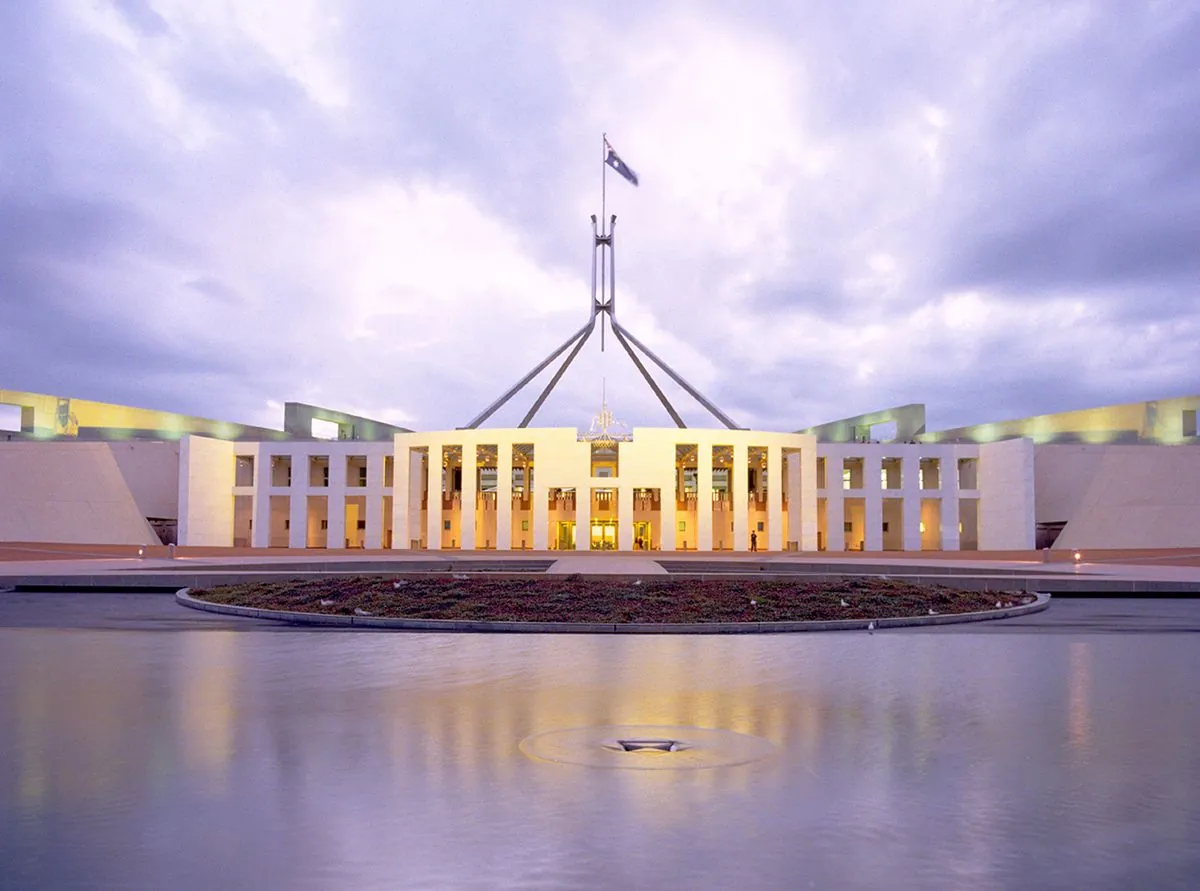Australia Proposes New Hate Crime and Anti-Doxxing Laws
Australia introduces legislation to combat hate crimes and doxxing, with jail terms for offenders. The move aims to protect diverse communities and respond to rising hate incidents.

Australia's government has unveiled new legislation aimed at combating hate crimes and protecting its diverse population. The proposed laws, introduced on September 12, 2024, seek to impose criminal penalties, including imprisonment, for those targeting individuals based on their race, gender, ethnic origin, religion, or sexual orientation.
Attorney-General Mark Dreyfus emphasized the importance of safeguarding Australia's multicultural society, stating, > "No Australian should be targeted because of who they are or what they believe. We proudly live in a vibrant, multicultural and diverse community which we must protect and strengthen."
The legislation comes in response to an increase in hate-related incidents following the Israel-Gaza conflict. It builds upon landmark laws passed in 2023 that prohibited the Nazi salute and public displays of terror group symbols.

Under the proposed hate crime bill, offenders could face up to five years in jail for threatening to use force or violence against a group or individual if the threat is perceived as credible. The penalty increases to seven years if the threats pose a danger to the government.
Simultaneously, the government is introducing separate legislation to address "doxxing" - the malicious online disclosure of personal information. This bill allows victims to sue for serious privacy invasions and carries a maximum jail term of six years for offenders. Notably, journalists and intelligence agencies are exempted from these provisions.
The anti-doxxing measure fulfills a promise made by Prime Minister Anthony Albanese in February 2024, following an incident where personal details of hundreds of Jewish Australians were published online by anti-Israel groups.
Australia's commitment to protecting its diverse population is deeply rooted in its history. The country boasts over 250 ancestries and 350 languages spoken, with nearly 30% of its population born overseas. This multicultural fabric has shaped Australia's legal landscape, beginning with the Racial Discrimination Act of 1975 and the Sex Discrimination Act of 1984.
The proposed legislation aligns with Australia's longstanding commitment to human rights. As a signatory to the Universal Declaration of Human Rights since 1948, the country has consistently worked to uphold these principles. The Australian Human Rights Commission, established in 1986, plays a crucial role in protecting and promoting human rights nationwide.
While Australia's legal system is based on the common law tradition of England, it has evolved to address modern challenges. The country's bicameral parliament, consisting of the House of Representatives and the Senate, is tasked with crafting laws that reflect the nation's values and protect its citizens.
As Australia continues to navigate complex social issues, these new laws represent a significant step in safeguarding the rights and privacy of all Australians, reinforcing the nation's commitment to equality and diversity.


































